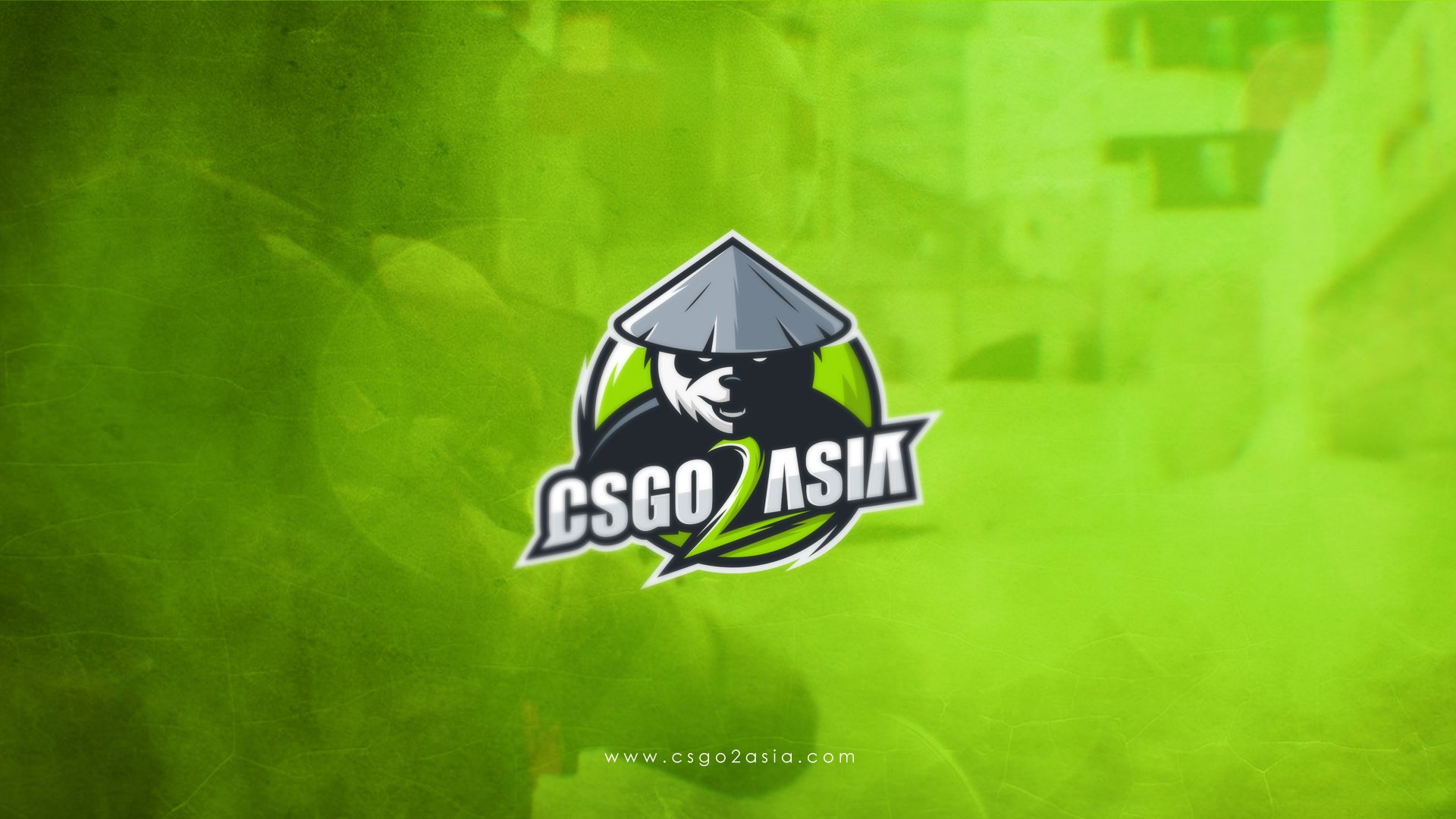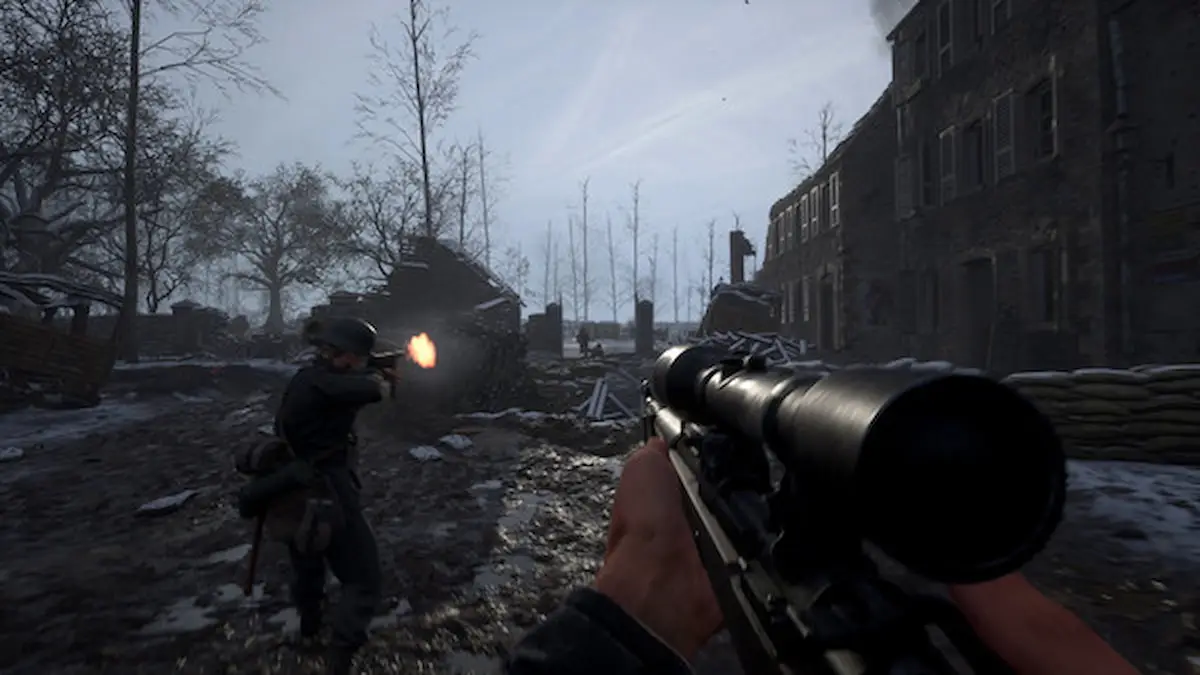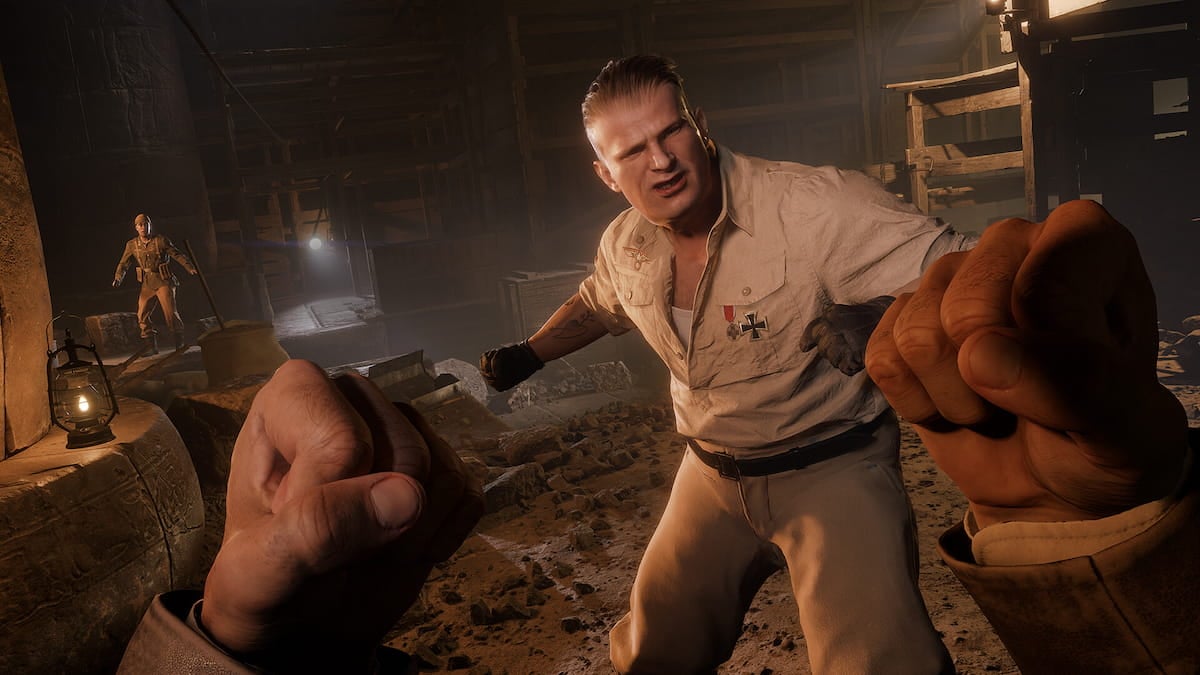For international audiences who might not be familiar with CSGO2ASIA or yourself, could you please breakdown what the organization does, and what it’s goals are in both the short-term and long-term?
nikH: “CSGO2ASIA is an esports organization working to cultivate the competitive CS:GO scene in Asia. Our goal is straightforward: To elevate the Asian CS:GO scene. I guess you could say that is the end goal, to bring Asian CS:GO at a minimum, on par with the tier two scenes in EU and tier one NA. I founded the idea after briefly managing an amateur CS:GO team in my home country of Singapore. After being unsatisfied with the overall landscape, I decided that more needed to be done for the entire ecosystem than simply running yet another subpar CS:GO team.
When I began in July 2016, the priority for CSGO2ASIA was aimed towards simply ranking the region’s best teams in order to bring about clarity and a collective mindset. In my mind, that was the most straightforward way to make an impact. It has slowly evolved into a community with the same thought-process that drives the decisions I make personally: ‘How do we elevate Asian CS:GO?’ With this collective mindset, we have so far been successful in uniting most of the professional and semi-professional CS:GO teams in Asia under one umbrella, and although it is still not a formal umbrella that has any negotiating power whatsoever, it’s mere presence is changing things, and that’s exciting.
We started off with a ranking system, are now moving towards cultivating the right community, and in the long term, we hope to be the ones defining how CS:GO activities are conducted in our region; not in a big brother and authoritarian sort of way, mandating rules that we clearly have no business or right to uphold, but more in a neutral, unbiased, ‘you should do x because it will result in y, and that is the best for all of us’ sort of way.
Our approach thus far has been driven around content creation, and our new website (coming soon) will exemplify this even further. I think it’s fair to say that a lot of the wider CS community still doesn’t know much about Asia because the Asian organizations have failed on the international promotion front. Therefore, we kind of see ourselves as that front, a ‘soft landing,’ a starting point, for anyone even mildly interested in our scene; good quality, English only content, high res videos and refreshing content that the Asian scene, and perhaps even the global scene, hasn’t seen before.”
It is probably fair to assume that the average international CS:GO fan only knows about Asian CS via the occasional APAC/Asian qualifier for a big LAN, or through learning about the superstars of the scene like fancy1 or machinegun. Considering this, what makes Asian CS:GO different from other regions of play around the world? What information does the average fan need to be armed with before watching a high level Asian CS game?
nikH: “Yes, you’re right. For the most part, people outside of Asia are only aware of the names of teams/players that make it on an international stage. I find that, even if a certain team makes it to an APAC finals, such as IEM Taipei, they are still not really known outside of hardcore CS fans in EU/NA, and to a certain extent, even fans in Asia.
I think one crucial factor people have to understand is how fragmented and underdeveloped our scene truly is. On the surface, it appears that because we have hundreds, if not thousands, of CS:GO teams, that we also have a ton of organizations. I’d like to bury that myth today. Other than a handful of organizations outside of China, and about 20-30 Chinese organizations, 90 percent of the teams in Asia are nothing more than five friends coming together under one tag. A ‘manager’ or a ‘coach’ is a sixth member who agrees to assist his friends.
Even at the highest levels, the Asian organizations are very unorganized and non-professional. A lot of ‘professional’ organizations are simply a function of a wealthy person who, either through passion, or a burning desire to prove themselves outside of their regular work, decided to start a CS:GO team. This is especially the case for the South East Asian scene. But similar to family run businesses, these organizations are quite poorly managed and lack structure. Player salaries are far from ideal, and in some cases, nothing more than extra pocket money. Even for the ‘top’ teams in our region, specifically from China, these are not salaries by any EU or NA definition.
That being said, lifestyles and expenses in Asia allow for that to be a viable solution (for now). Many of the Chinese organizations that stem from MOBA titles branched into CS:GO because it was ‘cheaper’ for them to experiment with this title.
It’s crucial then to know, while watching the top teams in our region, understand that a lot of them still aren’t full-time CS:GO players at all, and even if they are, they aren’t in organizations that support them with luxuries like coaches, analysts, high-end PC’s, gaming houses and regular boot camps.”
What are the biggest problems facing the scene, and how is CSGO2ASIA aiming to change/fix them? What do you need, as an organization, to achieve your various goals?
nikH: “Some of the biggest problems facing the scene, and in no particular order, are language barriers, IT infrastructure and consistency (of both tournaments and teams). Many people, and in particular, team owners/leaders, have told me that a lack of tournaments is their biggest concern. I beg to differ; I do not think it is so much the frequency but more the consistency, (more on that later).
On the topic of the language barrier, that is an excuse given time and time again, which I agree, is a big problem, but not the main issue. The thing is, the amount of tournaments and opportunities have only continued to rise over the last one or two years, and will continue to do so. Furthermore, the language barriers are something that cannot be changed overnight; until every team in every region adopts English as their language of choice, we aren’t going to get there, so why even put the blame there?
IT infrastructure is also a sticky subject because, let’s be honest, where we are today compared to even five years ago is amazing. Never in my wildest dreams as a kid did I imagine I could be playing CS with one Vietnamese, one Chinese, one Indonesian, one Indian and [one Singaporean (me)] (thanks to Valve matchmaking). That is a reality now and I believe younger players sometimes fail to realize this, but it’s not really their fault.
That is where we come in, and how we aim to help reveal these realities. Consistency in tournaments: structures, formats, viewership channels (some tournaments still don’t even provide GOTV), it’s these bare minimum requirements that haven’t yet caught up. I think overall consistency (or lack thereof) is the true killer of our scene. With regards to teams, you see teams come and go so regularly it’s hard to keep up. It’s really a vicious cycle, because promising rosters so easily give up at the slightest hints of “failure” or when they do not achieve their desired results in something like an open qualifier.
Thus, they push the blame to, again, a lack of tournaments. Ideally, the scene would benefit from a consistent, regular tournament with regular seasons that give teams and players the chance to play despite performing poorly in one-off tournament/qualifiers.”
As a follow-up to the previous question, if you had infinite resources, but could only fix one major problem in the scene, what would it be and why?
nikH: “There is a part of me that would answer this question with something like: fly all the top 10 Asian teams to EU and make them boot camp for one year. But actually, if I had infinite resources, I’d build the most robust league structure for all of Asia to allow for a combination of online open and closed qualifiers and LAN finals.
Each region would get a dedicated qualifier (SEA, EAST ASIA, INDIA) and every subsequent season would add new divisions until we had something similar to ESEA (open, main, premier, pro). This would widen the possibilities of who and how we play, potentially playing host to top teams internationally to come and compete against our top until the experience alone levels up the Asian teams to succeed when they go abroad. That would be a dream.”
On a more personal level, who are your favorite teams/players to watch and why? What incentivizes you to watch an Asian CS:GO game over say a standard EPL game in NA/EU – outside of simply supporting the local scene?
nikH: “To be brutally honest, there is really no incentive at this point in time. I watch Asian CS because, that’s just me and I enjoy seeing the progress of the teams here, but I do ask myself this question a lot, naturally. After returning from DH Las Vegas and speaking with fans of NA CS there, it truly dawned on me. I know almost nothing about the NA tier two scene, which, in my opinion, is at the same level or just marginally better than Asian tier one (Asia might be a little higher, but we have yet to have a true test that way). If I don’t watch NA tier two or even care for it, why should they, you know?
I think it’s fair, and in my experience, outside of supporting say, dreamscape from Singapore, because I am from Singapore, I would rarely choose to watch an Asian team matchup versus an EU qualifier game, if both are playing at the same time. It’s just not the same quality of play. I am not really going to learn anything new by watching an Asian team play, other than learning about their teamwork and how they have improved (if at all) overtime.
However, there are some unique things Asian teams do, and because our region is so vast, there is sometimes a sort of meta that exists country to country versus a more general meta like NA vs. EU. For example, the Indian teams (although not that good, sorry guys), have a very aggressive playstyle and decent teamwork, but they lack depth and strategic knowledge of the game. The Singaporeans play a very passive and pick-based game, relying less on tactics but heavily on aim. This goes the same for Malaysians. Indonesian playstyle is quite aggressive too, but in general, they, along with the Thais, do put thought and practice into executions, but sometimes to their detriment as they are quite one dimensional in their executions, which, if you play a team enough, you learn these patterns easily.
What actually separates the top teams in these various countries versus the general pool of teams in their respective countries is that the top teams are able to adapt (if only slightly), which gives them an edge against their local counterparts. In my opinion, the teams to watch this year are B.O.O.T-dream[S]cape (SG), Recca eSports (ID), 5Power (CN) and JYP Gaming (MY). Other than TyLoo and Vici.Gaming, the rest of the top Asian teams can quite easily take maps off each other on any given Sunday, so what we have yet to see is regular and consistent LAN tournaments that separate the true greats from the average joes.”
Who are the key community figures within Asian CS:GO that people should follow for English analysis/insights/content if they wanted to go down the Asian CS rabbit hole?
nikH: “bleh, @OfficialBleh, Tekin, @Tekin4649, Amazzzing, @Amazinnnnnnng and Flam3z, @flam3zcsgo.”
What direction do you see the scene going? How is the space looking now versus 12 months ago?
nikH: “Growing, for sure. Maturing slowly, but still far from a strong international presence. It’s definitely progressed since 12 months ago, which is a great sign. I think at this point, even though some argue all hope is lost without TyLoo spearheading our break into the International scene, I have an optimistic view.
TyLoo was just the beginning, and while they could still be the ones who make a name for Asia, their current bad form and instability is actually a positive sign because it shows change. I know for a fact we will see bigger and more frequent tournaments in Asia this year, and I won’t be surprised if by 2019, we actually have a DreamHack or IEM level tournament hosted in an Asian country.
The Indian scene is growing quickly, with ESL India premiership and our Aussie neighbors just announced IEM Sydney. That, together with the ZEN League (featuring four S.E.A teams), means we are on the right track.”
If people wanted to support CSGO2ASIA, yourself, or Asian CS:GO as a whole, what would be the easiest way for them to do so?
nikH: “At a local level, I would say volunteer to help at events, volunteer to help with your country/favorite teams. Tune into streams of local players, follow their social media and generally be positive about their willingness to even try. I think anyone should and can respect people who ‘bother,’ even when all the odds are stacked against them. It really takes bravery and confidence in oneself and simply cheering them on goes a long way.
In terms of supporting our endeavors, I think what we need most is consistency of data and resources; people who want to express themselves and their ideas, come forward and get in touch. Also, teams and players in general, should document their activities (liquipedia updates, creating Facebook pages, Twitter handles and even websites) to bring credibility and structure. We also have a private Discord for all the serious teams and organizations in Asia, so I would encourage them to get in touch to see how they can be a part of that.”
The final words are all yours.
nikH: “I’d like to thank GAMURS and yourself for having me, it was a pleasure. Be sure to follow @csgo2asia on Twitter and stay tuned for updates on our scene through our new website at csgo2asia.com coming soon.”






Published: Mar 7, 2017 10:20 am